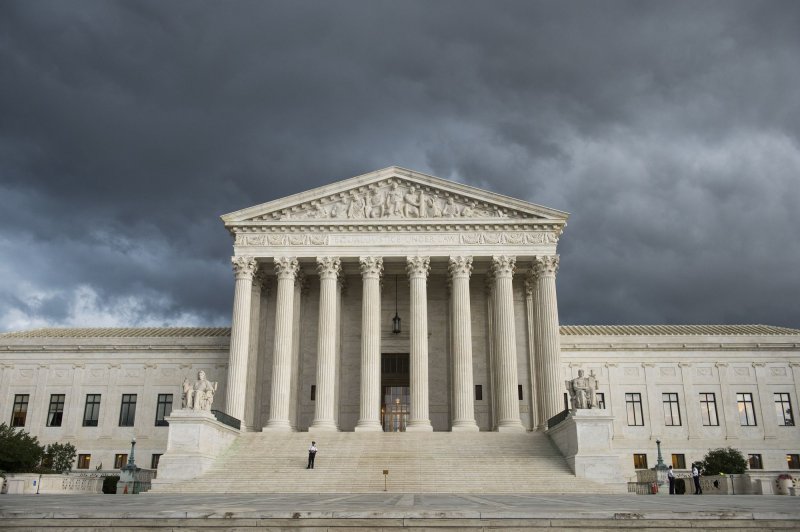April 24 (UPI) -- The U.S. Supreme Court ruled Tuesday that foreign corporations cannot be sued in U.S. court for violations of international law.
The 5-4 ruling is a loss for about 6,000 foreign victims of terrorist attacks in Israel and Gaza, who accused Jordan-based Arab Bank of using its New York branch to distribute millions to terrorists and their families.















